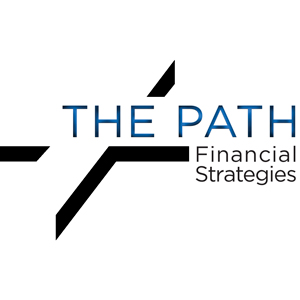Small businesses and home-based startups have this in common: the desire for success. Whether entrepreneurs seek big business profits or a little extra cash, certain basics apply, including business organization, documentation, and financial planning.
Every business, even one organized and held by one person, merits a written budget – a plan that projects potential revenues and anticipated expenses. Budgeting is not a step to skip, as it provides important groundwork for future decision-making. Small business owners who don’t take the time to identify a budget from the beginning sometimes suffer later, especially if revenues decline.
Business accounts should be established separately from household accounts, and business revenues should always be directly deposited into the appropriate business account upon receipt. Separation of personal and business accounts ensures easy tracking and clean accounting. The process also can identify trends and help balance the variances of cash flow.
Most small business owners should plan on taking a draw (or personal payment) from the business accounts once or twice monthly in a set amount to cover personal expenses. Even if the business experiences a fantastic revenue month, an owner should resist the temptation to take more than initially budgeted. Savvy businesspersons store up cash in reserves during times of feasting to cover times of fasting. And those times will come. As a part of growth and continuity, the business owner also should periodically invest more money into his or her company to stay relevant in the marketplace, maintain equipment, or cover inflation.
Multiple owner business agreements are critical when a company involves more than one owner, no matter its size. Without exception, these agreements should be documented in writing, not by handshake. As a new business launches, it’s like dating: Everyone is agreeable and sees only a future filled with amazing potential. This is the time to develop a written buy-sell agreement as a protective strategy, for after the dating phase passes, tackling tough business discussions can feel like a bad divorce. Legal documents should be prepared by an attorney. These should address steps following an owner’s death, disability, or retirement and include language about how business value will be determined.
Owners also should agree in advance where money will come from if one of these life events occurs, because waiting until a crisis happens can be expensive and overwhelming to the remaining owner(s). Not planning ahead may cause reliance on current cash flow, which can negatively affect the business’s solvency and unduly pressure the remaining owner(s). One reason is that business owners typically have a considerable amount of their net worth tied to non-liquid assets that are not readily available for use. Though their net worth statement may look great, everyone is at risk if liquidity is weak. Seeking loans may not be an option when one of the owners is no longer part of the mix because banks may have concern about the business’s solvency. A solution may be insurance, which typically is the least expensive way to leverage risk, assuming good health. A systematic savings plan also encourages financial discipline among multiple owners. For example, in my business I imagine another pretend employee as a placeholder for savings. Every time I prepare payroll, I also send money to that account to support my liquidity. These and other creative financial techniques can put safety nets around the small business and help keep it healthy for years to come.




